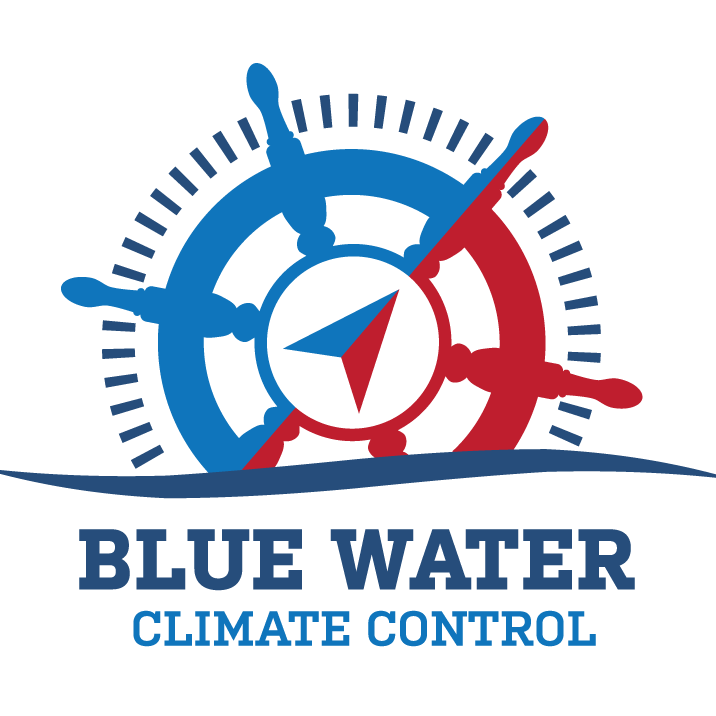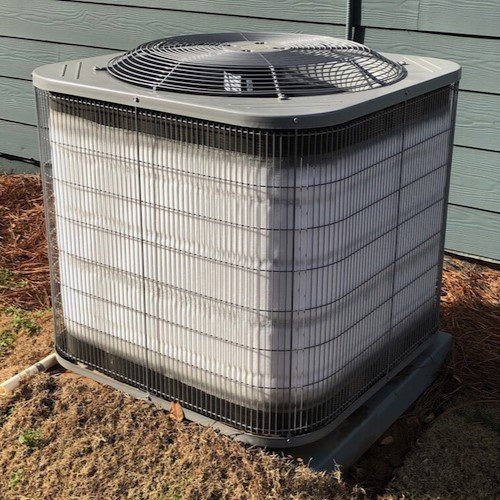
Heat Pump Defrost
Understanding your heat pump's defrost mode may prevent unneeded trouble calls and the cost associated with it. Ice buildup with negatively affect your heat pump's efficiency. Taking the necessary steps to ensure your heat pump is functioning properly will reduce your energy usage.
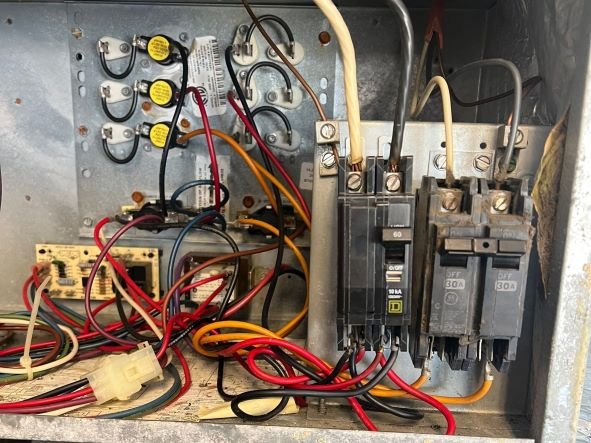
Electric heat
The growth of electric heating began in the 1950s and first became popular in areas not served by natural gas pipelines. Throughout this same period, the electrical demand for air conditioning during the summer months was increasing. To help boost the winter demand, electric utilities and heating manufacturers began to encourage the use of electric heating.
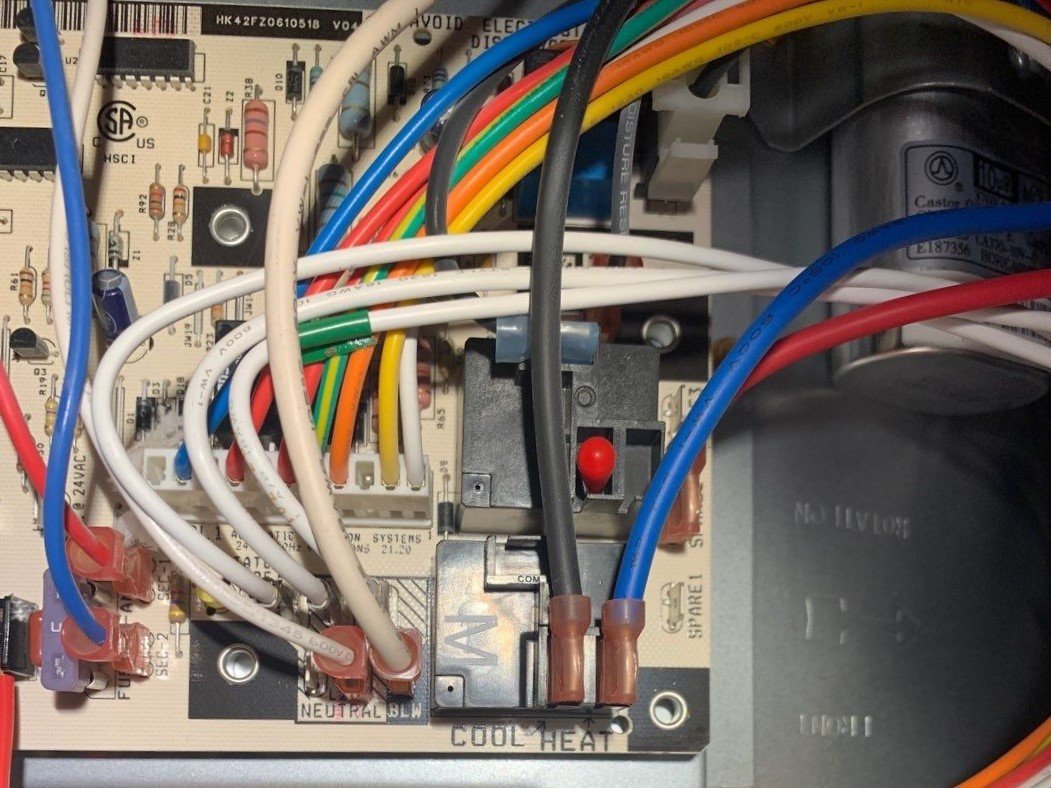
What You Should Know About Your AC Electrical Components
Your air conditioner unit is comprised of many electrical components that work in tandem with each other to provide heating and cooling for your home. Many of those parts are considered the main electrical components of your system – including the thermostat, furnace, blower fan, electrical wiring, and relays, as well as crankcase heaters, the compressor, condenser, evaporator coils, heat pumps, and much more.
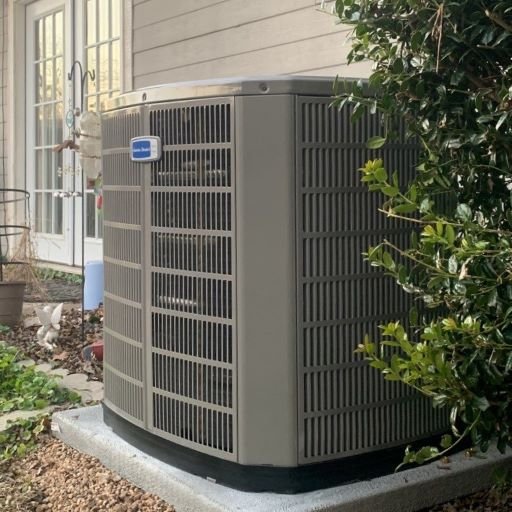
What is the best use of Electric Heating?
Determining the best use of electric heating involves a careful consideration of various factors, including the specific climate of your region, energy costs, and the desired level of comfort. Different types of electric heating systems, such as air source heat pumps, electric resistance heating, water source heat pumps, radiant floor heating, and domestic water heaters, each have their unique advantages and applications.
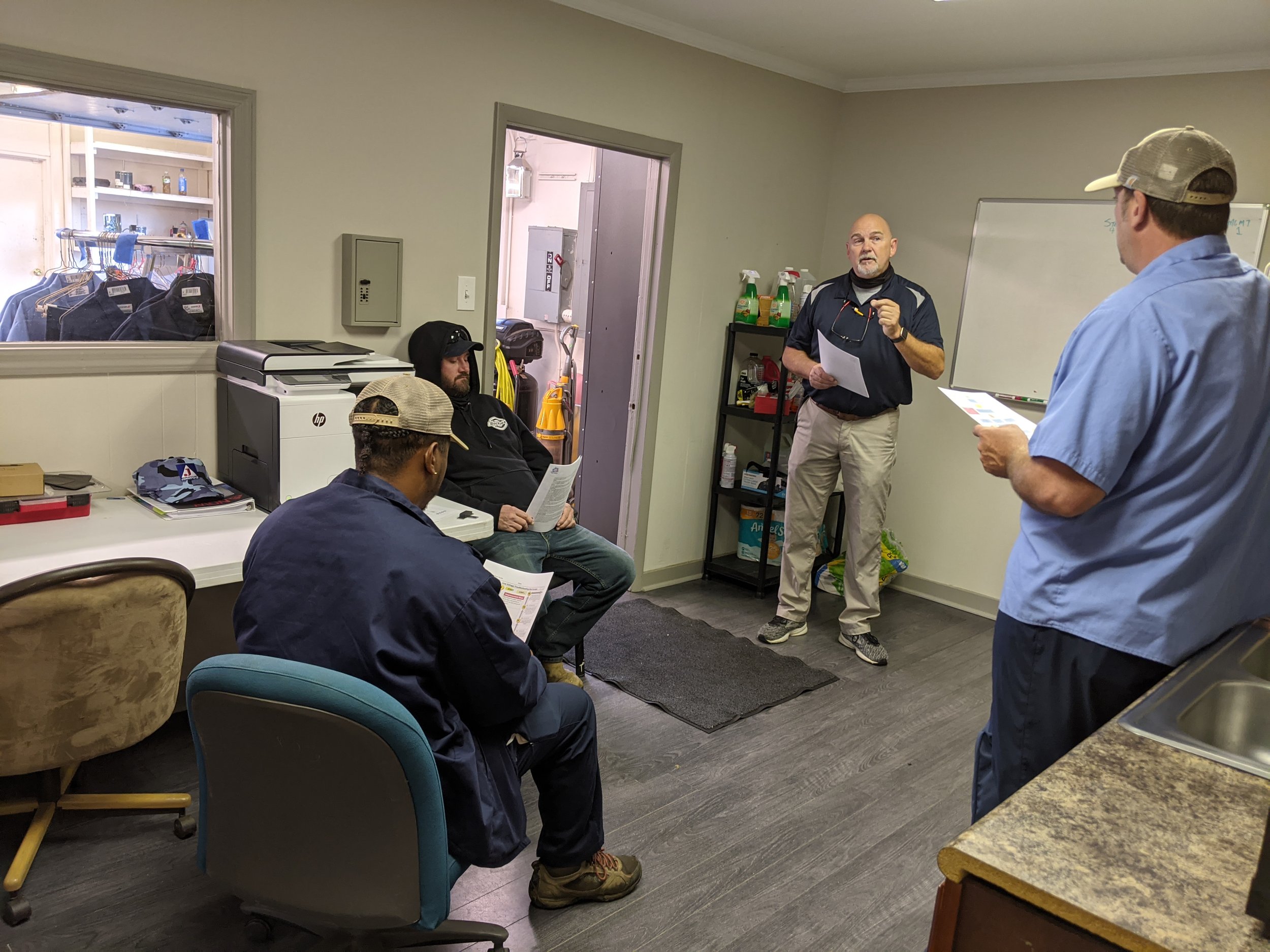
HVAC Service Manager Job Description
A key part of the HVAC service manager job description is displaying and embodying certain traits. These set you apart from ordinary HVAC technicians and justify your position as a manager. While you oversee your HVAC technicians as they install, repair, and maintain heating and air conditioning units in homes and businesses, you also should be available to them for their questions and concerns.
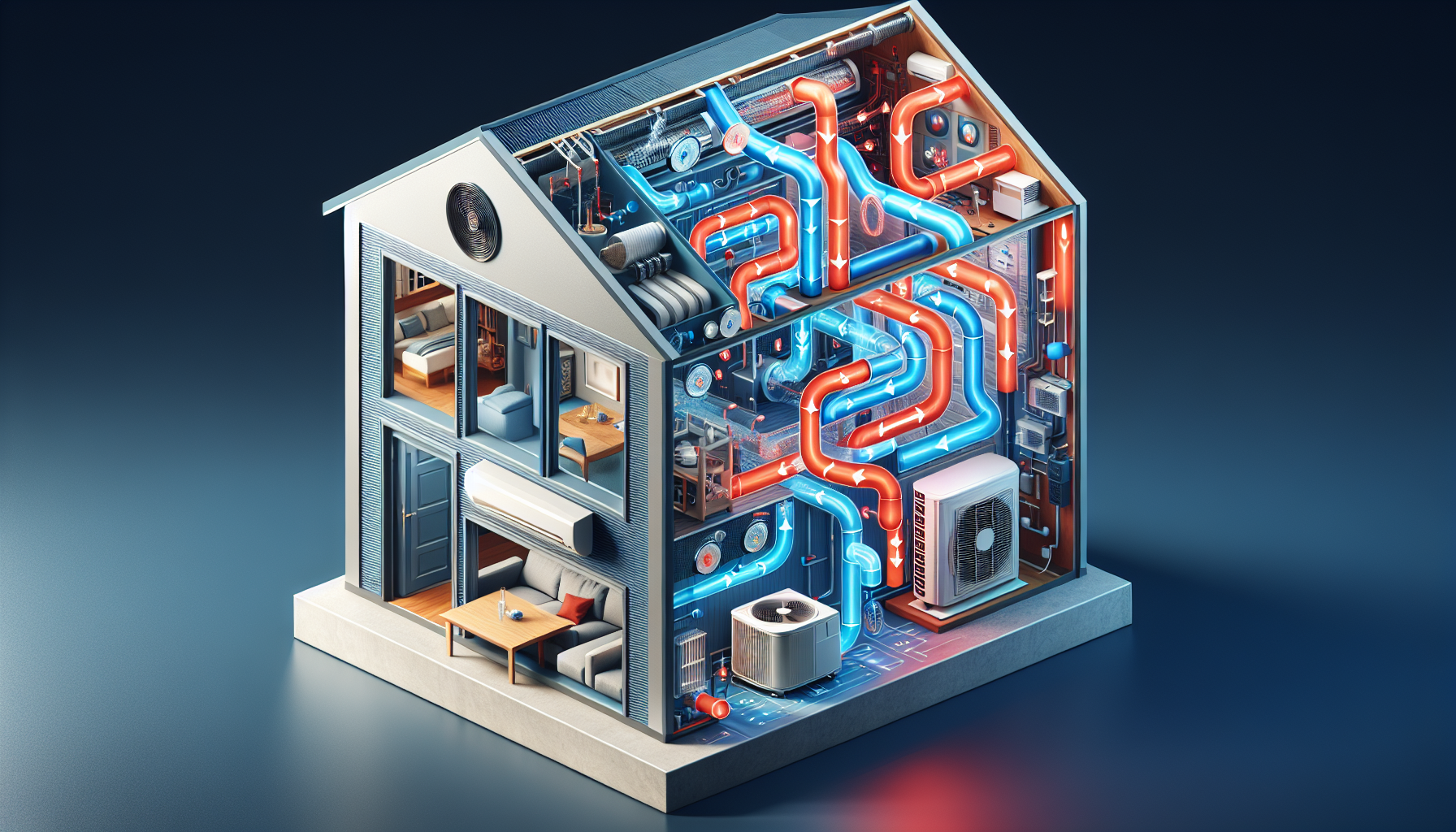
Understanding What HVAC Means: Your Essential Guide to Heating, Ventilation, and Air Conditioning
HVAC stands for heating, ventilation, and air conditioning which regulate indoor temperature, air quality, and humidity levels. Common types of HVAC systems include split systems, hybrid heat pump systems, ductless mini-split systems, and packaged units. Professional installation & maintenance by certified technicians is essential to ensure optimal performance & energy efficiency when selecting an HVAC system.

Gas Furnaces
Understanding the key aspects of natural gas furnaces is crucial for making informed decisions about heating systems in homes and buildings. Gas furnaces are widely used due to their efficiency, reliability, and cost-effectiveness.

Home Heating Systems
Choosing the right home heating system involves a careful consideration of various factors to ensure optimal comfort, efficiency, and cost-effectiveness. The diverse options available cater to different preferences, climates, and energy sources. From forced-air systems like furnaces and heat pumps to radiant heating systems, each has its merits and drawbacks.
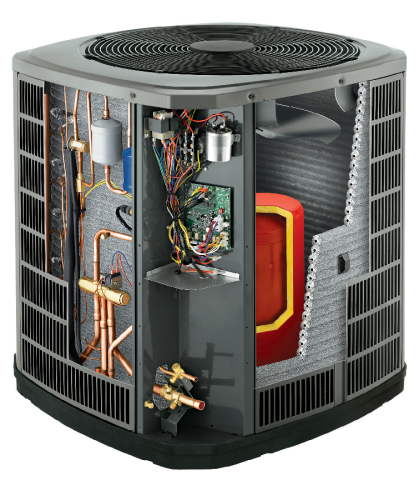
Let's Talk Builders Grade HVAC Brands and HVAC Construction
Understanding the nuances of HVAC brands and the construction of heating, ventilation, and air conditioning systems is crucial for homeowners and businesses looking to make informed decisions about their HVAC investments. The overview of major HVAC brands provides valuable insights into the rich histories and affiliations of these industry leaders.
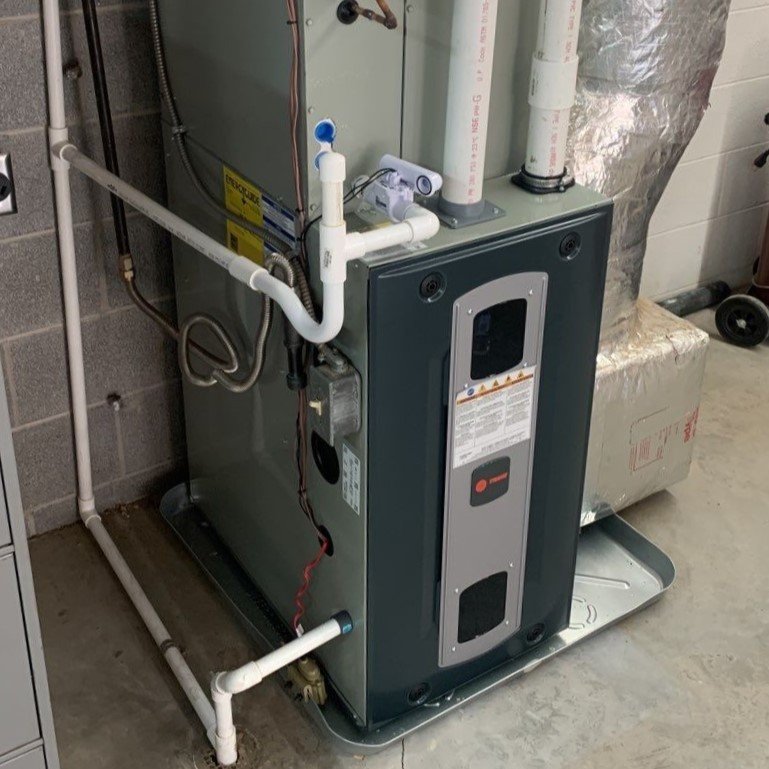
Rent to Own HVAC - How to
An HVAC lease purchase program is a financing arrangement that allows individuals or businesses to acquire heating, ventilation, and air conditioning (HVAC) systems without making a large upfront payment. Instead of purchasing the HVAC equipment outright, the program enables customers to lease the system over a predetermined period.

How to become an HVAC Technician
Becoming an HVAC technician involves a range of educational paths and certifications to ensure competency in a dynamic and ever-evolving industry. The traditional route through local trade schools or community colleges remains a viable option, but online classes and apprenticeship programs are increasingly accessible alternatives.

HVAC Careers and Job Descriptions
The HVAC industry represents one of the largest employment occupations in the United States. HVAC is one of the largest consumers of electricity and gas utilities in the nation. More electricity and gas are consumed producing heating and air conditioning than any other single use. The career field began growing in the 1960s after residential HVAC became so popular.
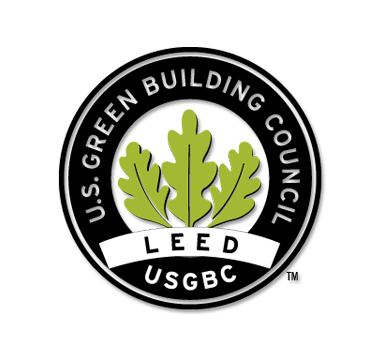
HVAC Trade Associations
The HVAC industry, a dynamic and ever-evolving field, plays a pivotal role in keeping our homes and businesses comfortable year-round. Behind the scenes, numerous trade associations work tirelessly to advance the interests of professionals, foster innovation, and ensure industry standards are met.

How to Tell What Kind of HVAC System You Have
Homeowners should be aware of the type of heating and cooling system they have, how it works, and if it’s efficient enough for their needs. That way, they’ll have a stronger idea of their options for affordable maintenance and potential upgrades in the future.
